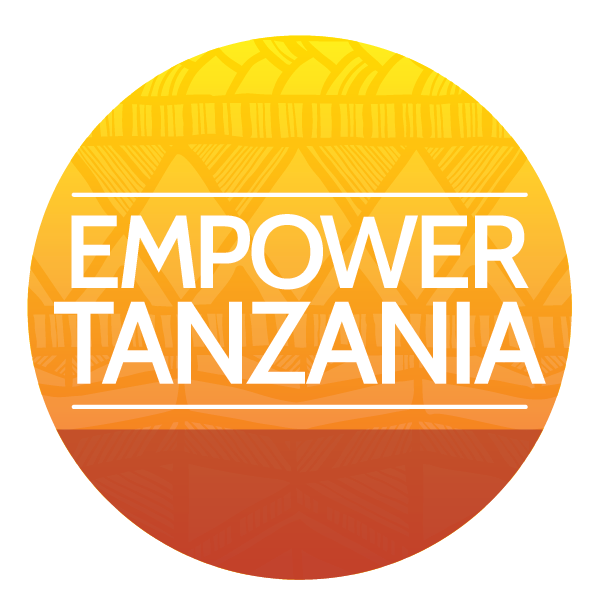Water is Life (World Water Day 2017)
The men and women we work with in Tanzania often tell us that “WATER IS LIFE.” They say this with a seriousness that is sometimes difficult for Westerners to comprehend due to our oft-taken-for-granted infrastructure. “MAJI NI UHAI,” one of our program managers, farmers, educators, or students might exclaim in Swahili. WATER IS LIFE. Too many Tanzanian women and children walk miles upon miles—spending a good portion of their day that could be devoted to work or school—collecting water that may or may not be clean. We take this challenge seriously and work hard to find sustainable solutions to this very basic human need at every level of our programming. Here’s a glimpse of what it all entails:
THE PROBLEM:
Over 4,000 children die every day from lack of clean drinking water. Much of the available water in rural parts of Tanzania is not clean and consumption leads to diarrhea, dysentery, and other forms of water-borne illnesses. Disease from unsafe water and lack of basic sanitation kills more people every year than all forms of violence, including war. Women and children bear the burden of walking long distances to access clean water (if it’s available). They are often subject to violence and harassment during their journey. The search for water keeps children—mainly girls—from school and women from work. 1/3 of all wells built in Africa in the last 20 years are broken. Spare parts and trained mechanics to fix them are few and far between.
THE SOLUTIONS:
Over the last year, ETI staff and volunteers, local Tanzanian well drilling companies, and the Tanzanian government have partnered in the training of local well mechanics in successful drilling techniques that are now being applied in the field. Not only have these well mechanics used their newly acquired skills for practical solutions in local villages, but they are now equipped and empowered to fix broken wells and dig new ones all over their region, ultimately changing the lives of village after village. After studying the common roadblocks to water in Tanzania, ETI and our local stakeholders in Tanzania are exploring and implementing roof-top water harvesting. One system and storage tank was unveiled at an orphanage in 2016 after ETI board member Carol Putz spearheaded a project to serve the children and staff who live there. We are currently pursuing this option for other communities and for those involved in our Integrated Farming Program. When we build a basic health clinic or dispensary, we abide by government regulations to build a latrine and encourage proper sanitation. When we educate on matters of health, we also educate on matters of safe water handling.
WHY IT MATTERS:
When a water project is built or repaired in a community, members can often use the new water source to grow small gardens near their homes and secure their food supply. Self-sufficient households are less affected by conflict, famine, or inadequate government services.
HOW YOU CAN HELP:
Recognize the incredible infrastructure that surrounds you. Turn on the faucet and be amazed! Donate to Empower Tanzania water projects. We’re currently educating, training, and implementing clean water solutions across Same District. You can help! Share, post, tweet, snap chat about the world water crisis and what Empower Tanzania is doing to ensure clean drinking water in rural Tanzania!

